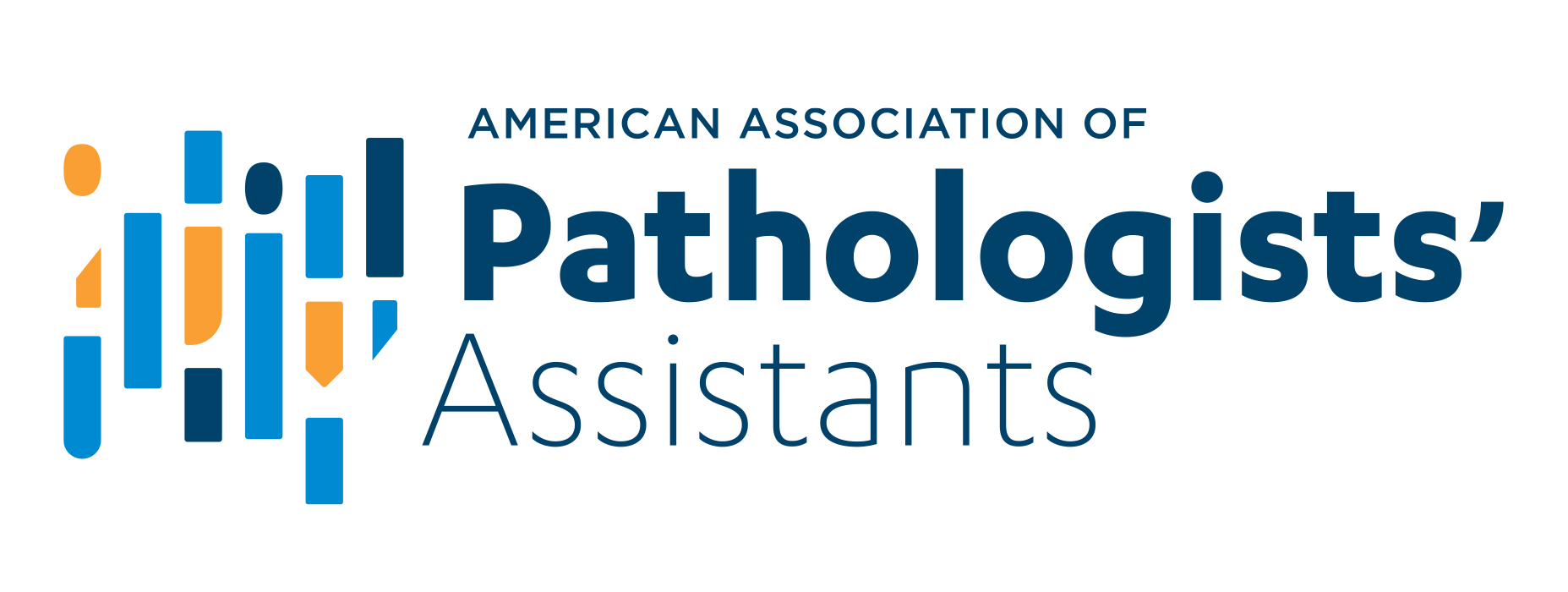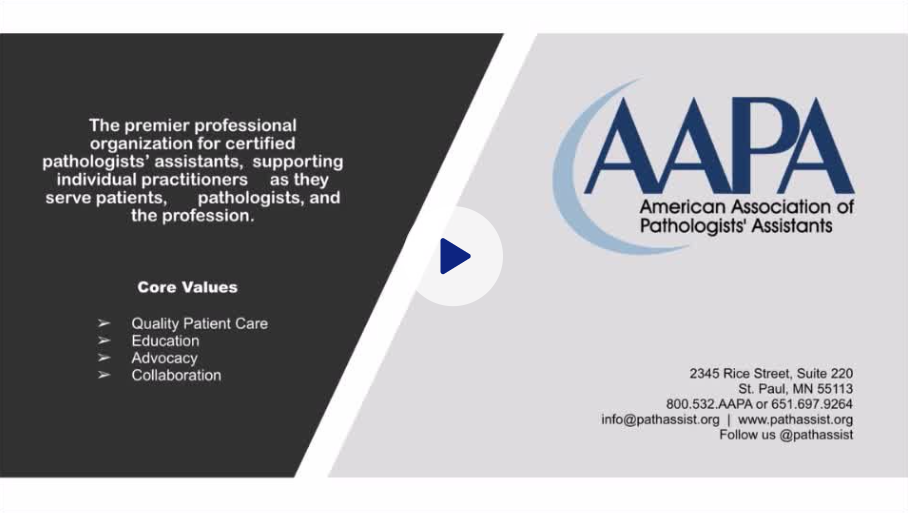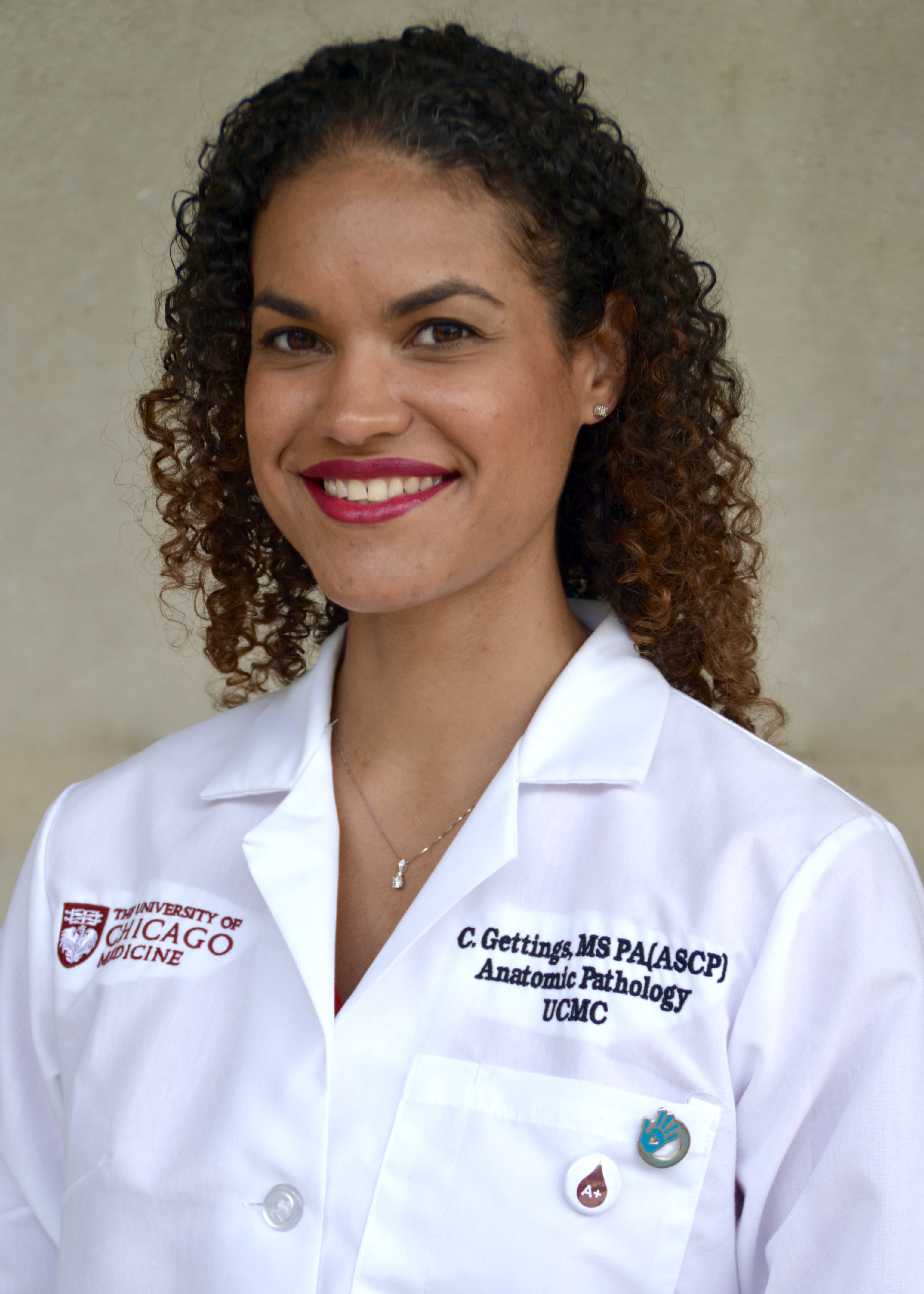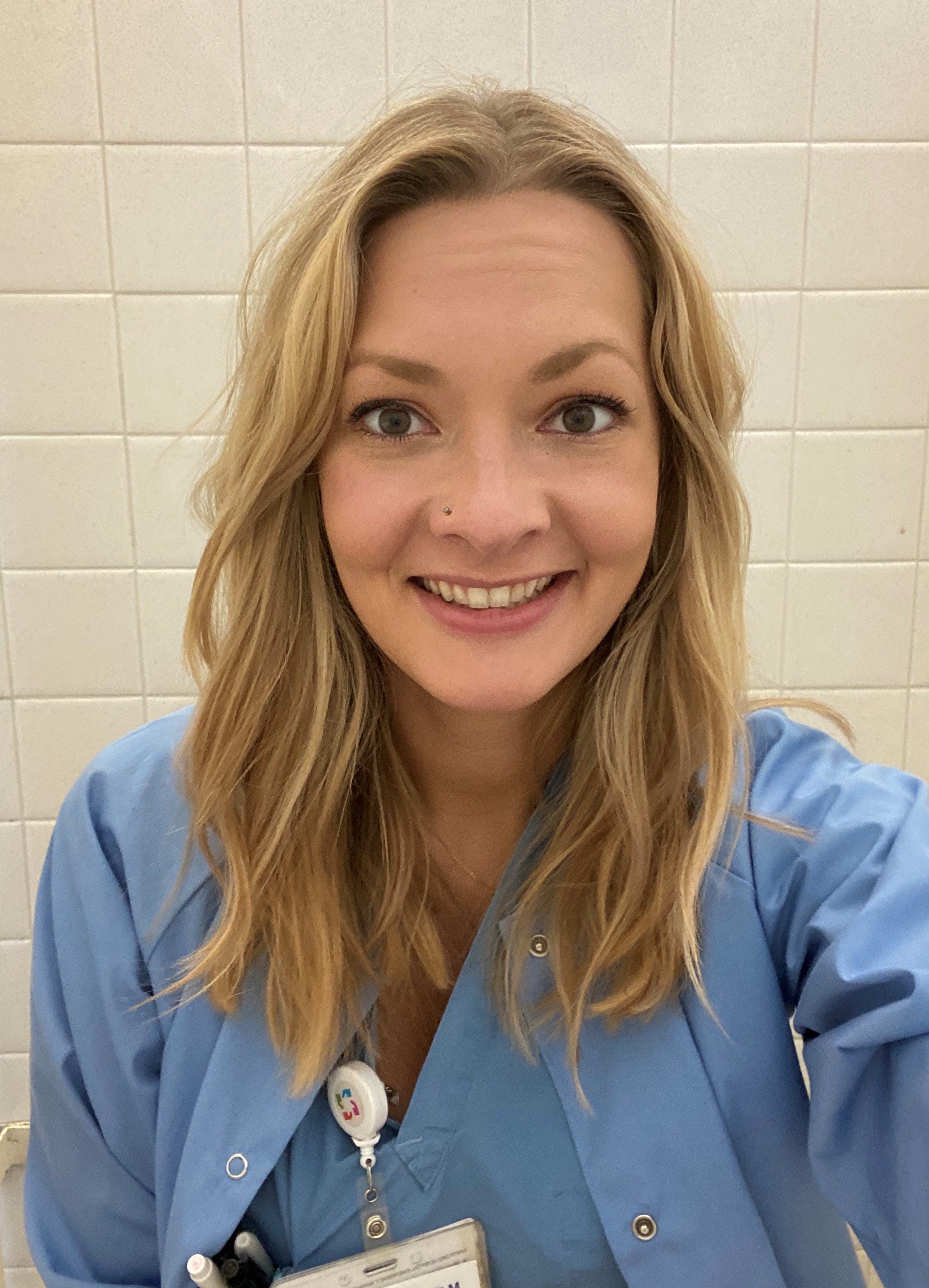- Home
- Members
- Publications
- Programs & Events
- Honors & Awards
- Resources
- Career Center (Job Board)
- EPA Training Resources
- Fellowship Application Resources
- Fellowship Openings & Open Houses
- Leadership and Diversity Library
- Medical Educator Toolbox
- PathElective (Website)
- Pathology Informatics Resident Curriculum (PIER)
- Physician-Scientist Training
- Program Directors' Toolbox
- QIPS Forum
- Residency Application Resources
- Student Opportunities
- Training Residents in Genomics (TRIG)
- Society of ’67
- Quick Links
|
What is the AAPA?The American Association of Pathologists Assistants (AAPA) was founded in 1972 as a not-for-profit volunteer organization of allied health practitioners dedicated to the advocacy and advancement of the pathologists assistant profession. The AAPA advocates, promotes and sustains the highest education and professional standards for the profession, for all associated educational training programs and for individual pathologists assistants. It is our mission to provide our members with high quality, targeted continuing education (CE) opportunities, as well as professional development and leadership activities to include networking and support. Additionally, the AAPA strives to promote and support high quality standards within the scope of practice for pathologists assistants in anatomic pathology, ensuring the provision of high quality patient care. -Taken from the AAPA website ResourcesResource One - Current Meeting or New Product to Advertise? Resource Two - Upcoming Events? Resource Three - PDF? Past Industry UpdatesTitle: It Pays to Know Featured Speakers:
Charlene R Gettings, MS, PA(ASCP), Masters, Pathologists’ Assistant & Event Description: This presentation will be a discussion on the knowledge and training of PAs, and how to best utilize them in the training of residents in the gross room and autopsy. As a result of our training, Pathologists’ Assistants are uniquely qualified as experts in gross pathology and autopsy prosecution making them ideal for training and oversight of residents in the gross room, frozen section room, and the autopsy suite - more expertise than a senior resident and more available than an attending pathologist. Pathologists’ Assistants can cover all elements listed in the ACGME milestones for patient care/grossing. Pathologists’ Assistants can provide all in one training and oversight along with supporting documentation as new residents progress through each specimen type. Key Learning Objectives:
This virtual event was made possible through sponsorship by AAPAContactEmail: [email protected] Phone: 800.532.AAPA Website: www.pathasssist.org Mailing Address: |





